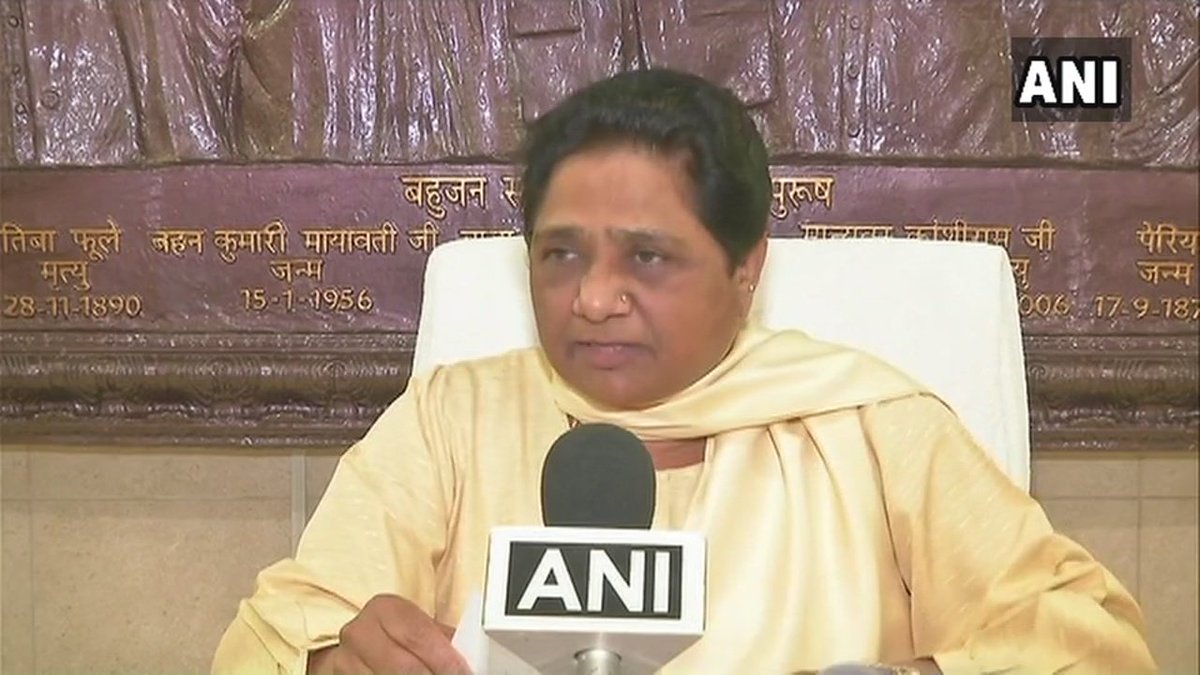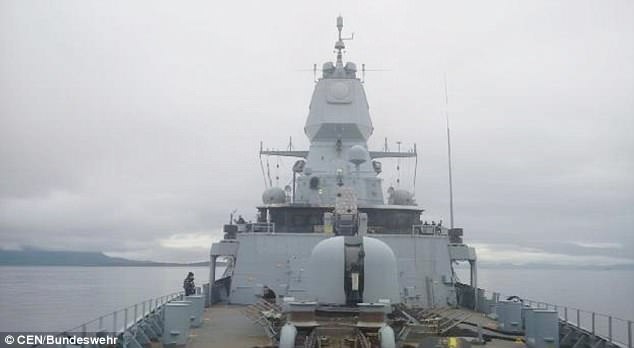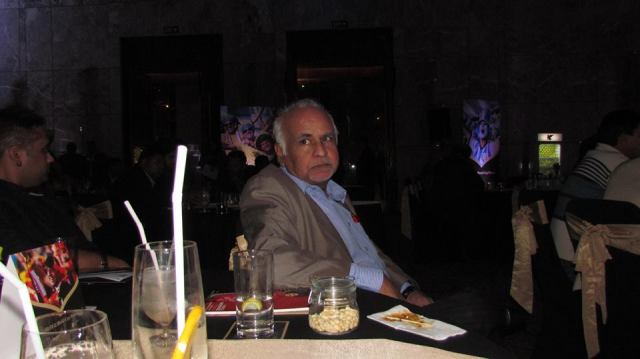European Union leaders reached an agreement on migration after almost 10 hours of chaotic talks in Brussels over the sensitive issue threatening their union and zone of free travel, as well as German Chancellor Angela Merkel’s government.
“EU28 leaders have agreed on (summit) conclusions, including on migration,” the chairman of the talks, Donald Tusk, said.
Italy had earlier blocked any agreement at the summit — which was also about trade and security, among other things — unless EU peers met its demands over migration.
As per the agreement, the European Council reconfirms that a precondition for a functioning EU policy relies on a comprehensive approach to migration which combines more effective control of the EU’s external borders… This is a challenge not only for a single Member State, but for Europe as a whole.
The European Council is determined to prevent a return to the uncontrolled flows of 2015 and to further stem illegal migration on all existing and emerging routes.
As regards the Central Mediterranean Route, efforts to stop smugglers operating out of Libya or elsewhere should be further intensified. The EU will continue to stand by Italy and other frontline Member States in this respect.
As regards the Eastern Mediterranean Route, additional efforts are needed to fully implement the EU-Turkey Statement, prevent new crossings from Turkey and bring the flows to a halt… More efforts are urgently needed to ensure swift returns and prevent the development of new sea or land routes… In the light of the recent increase in flows in the Western Mediterranean, the EU will support, financially and otherwise, all efforts by Member States, especially Spain, and countries of origin and transit, in particular Morocco, to prevent illegal migration.
To break the business model of the smugglers, thus preventing tragic loss of life, it is necessary to eliminate the incentive to embark on perilous journeys. This requires a new approach based on shared or complementary actions among the Member States to the disembarkation of those who are saved in Search And Rescue operations. In that context, the European Council calls on the Council and the Commission to swiftly explore the concept of regional disembarkation platforms, in close cooperation with relevant third countries as well as UNHCR and IOM. Such platforms should operate distinguishing individual situations, in full respect of international law and without creating a pull factor.
On EU territory, those who are saved, according to international law, should be taken charge of, on the basis of a shared effort, through the transfer in controlled centres set up in Member States, only on a voluntary basis, where rapid and secure processing would allow, with full EU support, to distinguish between irregular migrants, who will be returned, and those in need of international protection, for whom the principle of solidarity would apply. All the measures in the context of these controlled centres, including relocation and resettlement, will be on a voluntary basis, without prejudice to the Dublin reform.
The European Council agrees on launching the second tranche of the Facility for Refugees in Turkey and at the same time on transferring 500 million euro from the 11th EDF reserve to the EU Trust Fund for Africa.
Tackling the migration problem at its core requires a partnership with Africa aiming at a substantial socio-economic transformation of the African continent…
In the context of the next Multiannual Financial Framework, the European Council underlines the need for flexible instruments, allowing for fast disbursement, to combat illegal migration. The internal security, integrated border management, asylum and migration funds should therefore include dedicated, significant components for external migration management.
The European Council recalls the need for Member States to ensure the effective control of the EU’s external borders with EU financial and material support. It also underlines the necessity to significantly step up the effective return of irregular migrants.
On concerning the situation internally in the EU, secondary movements of asylum seekers between Member States risk jeopardising the integrity of the Common European Asylum System and the Schengen acquis. Member States should take all necessary internal legislative and administrative measures to counter such movements and to closely cooperate amongst each other to that end.
As regards the reform for a new Common European Asylum System, much progress has been achieved. A consensus needs to be found on the Dublin Regulation to reform it based on a balance of responsibility and solidarity, taking into account the persons disembarked following Search And Rescue operations.
Media agencies






